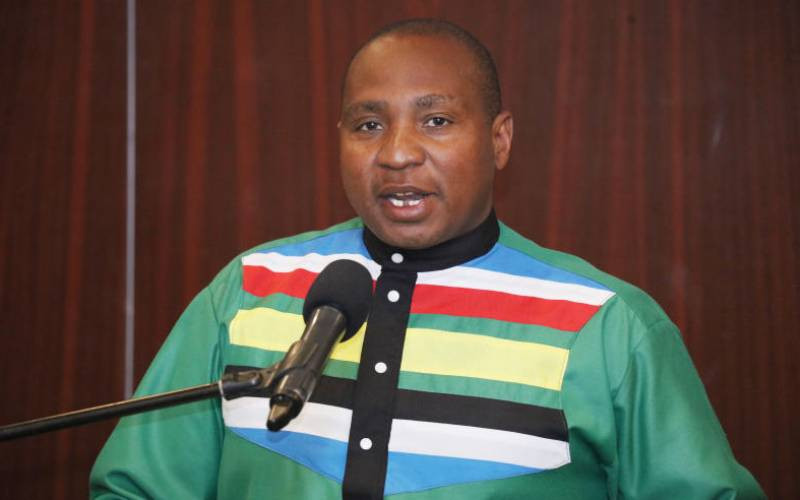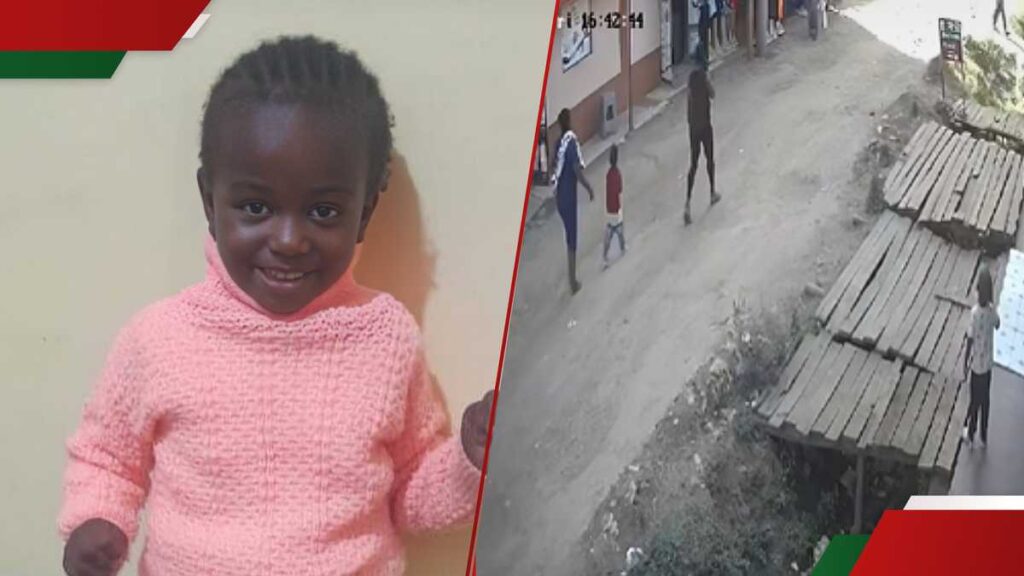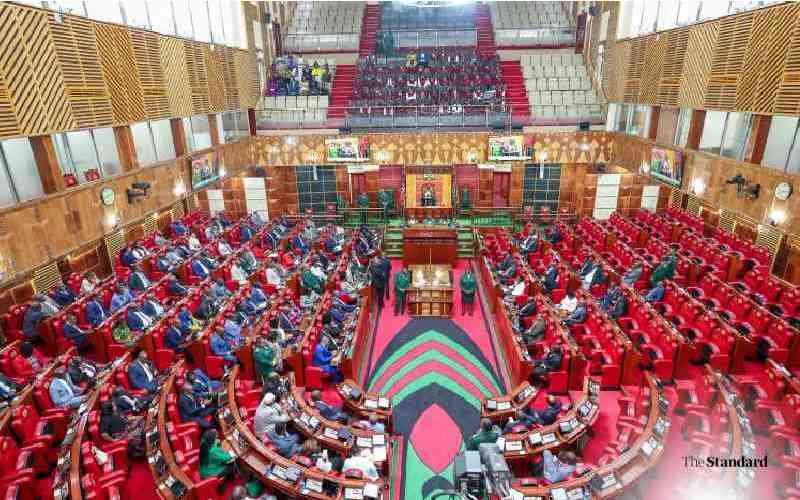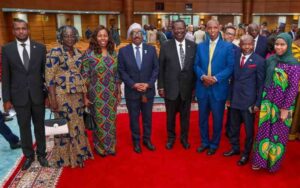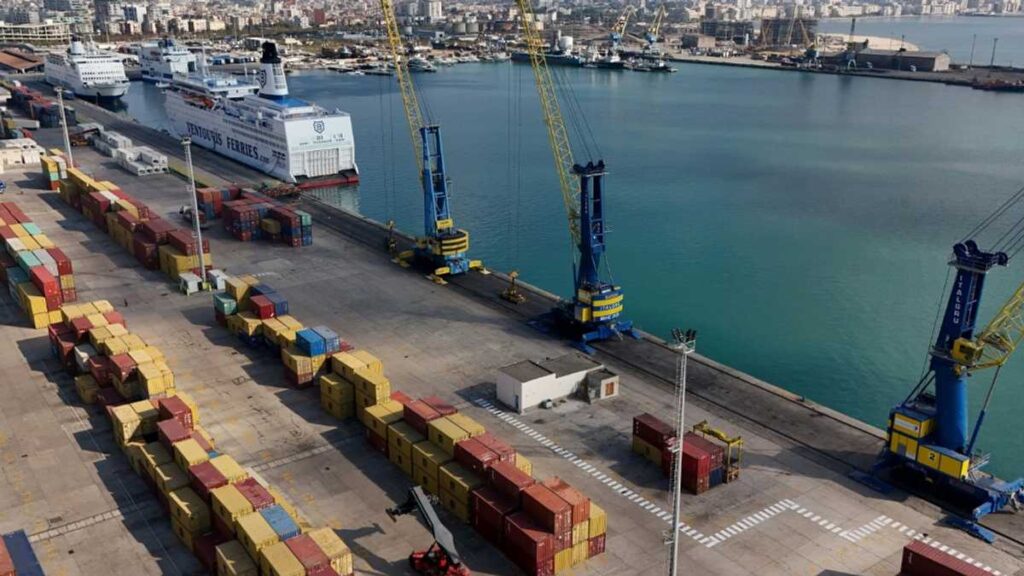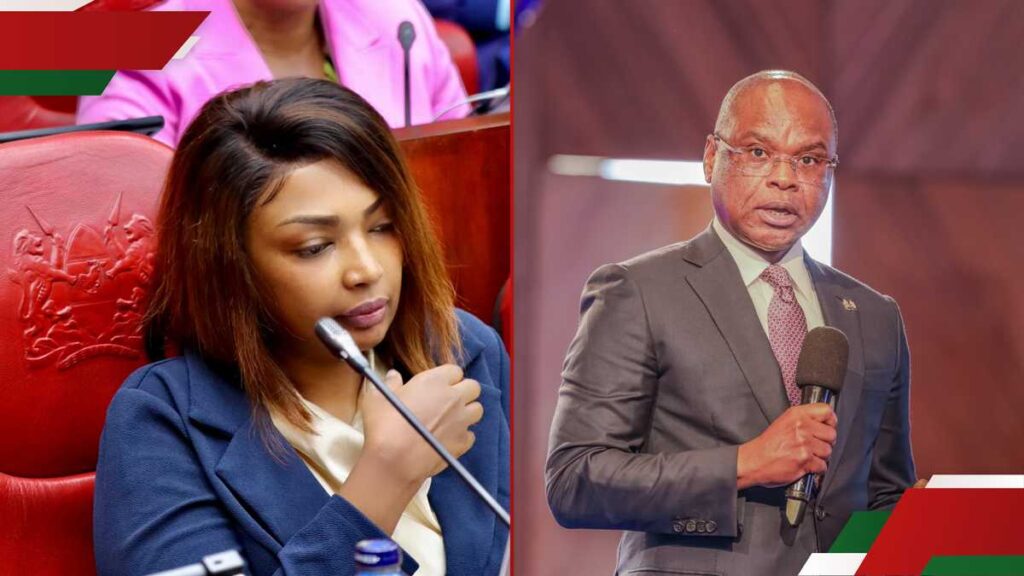David Ole Sankok, a member of the East African Legislative Assembly (EALA), has said that regardless of stature or status, all East African citizens must respect the laws of their host countries.
Speaking on Spice FM, Sankok emphasised that for regional integration, sovereignty, and human rights to be upheld, visitors must adhere to the internal constitutions of the countries they visit.
“Even Martha Karua and her fellow activists must respect Tanzanian norms. We cannot export activism to our neighboring countries. Each nation is sovereign and has its own constitution,” said Sankok.
His remarks come in response to the recent deportation of Kenyan activists, including Martha Karua and Boniface Mwangi, from Tanzania.
The group had reportedly traveled under the regional Jumuia platform but was accused by Tanzanian authorities of being in the country illegally.
Mwangi alleged he was detained and tortured during the trip—a claim that has added a new layer of concern to the already controversial deportation.
However, Sankok dismissed the allegations, pointing out that the East African Community (EAC) is not yet a political union and that each member state retains full control over its internal affairs.
“Until the time we have a political and monetary union, we are governed by different constitutions. You don’t export the Kenyan constitution to Tanzania,” he said.
He also criticised certain civil society groups, accusing some of being fronts for foreign interference.
“We have civil society groups funded by Kenyans—those I can respect. But we also have ‘evil societies’ funded 70 to 80 percent by foreign masters to destabilize Africa,” Sankok claimed.
On the claims of torture made by Mwangi, Sankok says such actions, if proven, would be illegal, but cautioned against rushing to blame the Tanzanian government.
“If there is torture, it is against the law. But it must be followed through Tanzanian legal channels. It could be the action of an individual, not the state,” he said.
He further questioned the activists’ presence in Tanzania, casting doubt on their legal status and intentions.
“If Martha Karua was there as a legal expert, did she apply to be admitted to the bar in Tanzania? Even here in Kenya, law graduates have to go through a process to practice. If they didn’t follow due process, Tanzania had every right to deport them,” Sankok argued.
Stay informed. Subscribe to our newsletter
Drawing a parallel to past actions by the Kenyan government, Sankok referenced the deportation of lawyer Miguna Miguna, saying deportations are not unique to Tanzania.
“Even here, we deported Miguna based on lacking proper documentation. So what’s different when Tanzania does it?” he asked.
The incident has reignited debate on the limits of East African integration and whether regional frameworks like Jumuia truly support cross-border political and civil engagement.
“There is no business they were going to do there. If you go under Jumuia to trade, that’s understandable. But if you have no business, then you are there illegally,” Sankok said.








